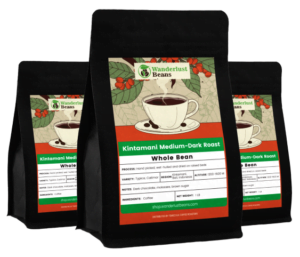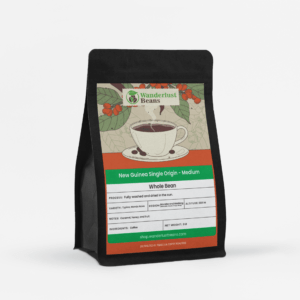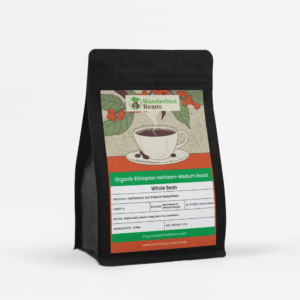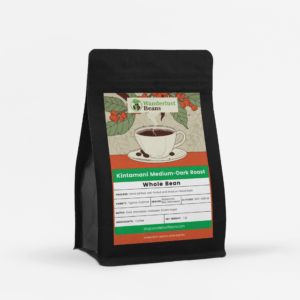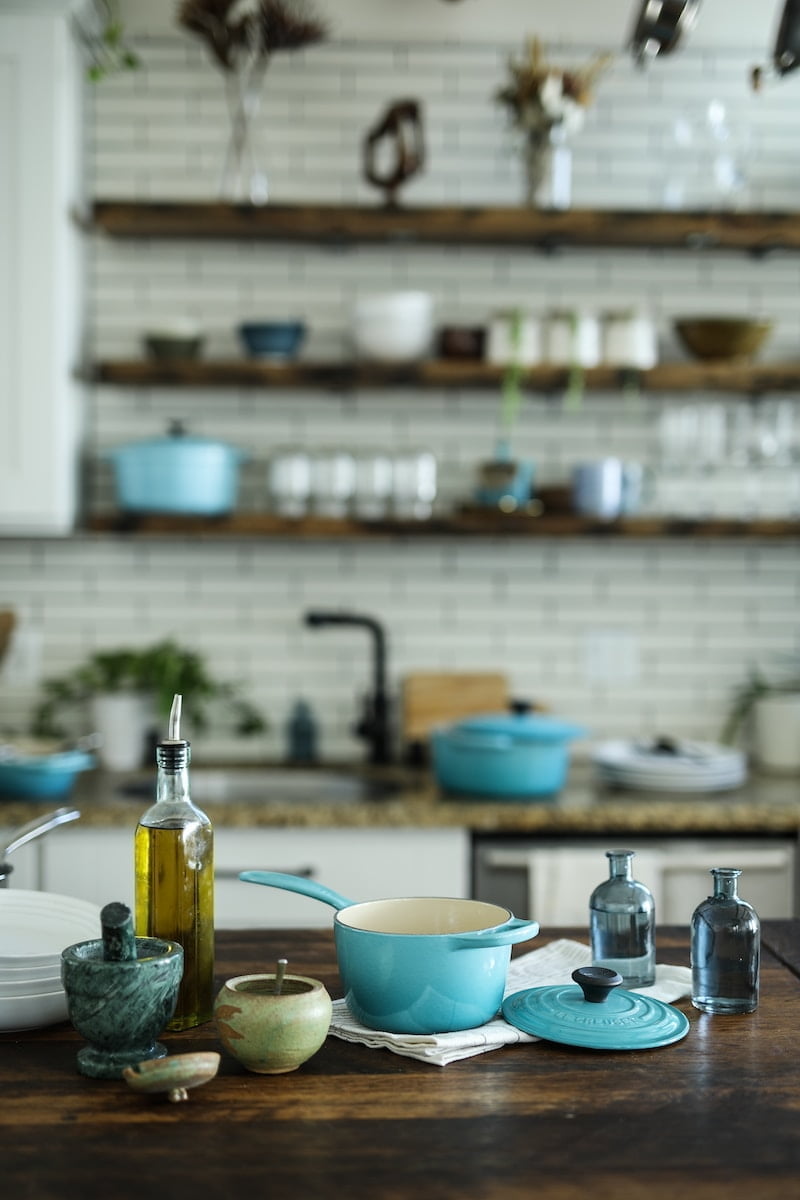Are you tired of bitter, acidic coffee? Looking for a smoother, more refreshing way to enjoy your daily caffeine fix? Cold brew coffee might be the answer you’ve been searching for. In this comprehensive guide, we’ll explore everything you need to know about cold brew coffee, from its unique brewing process to its rich flavor profile and potential health benefits.
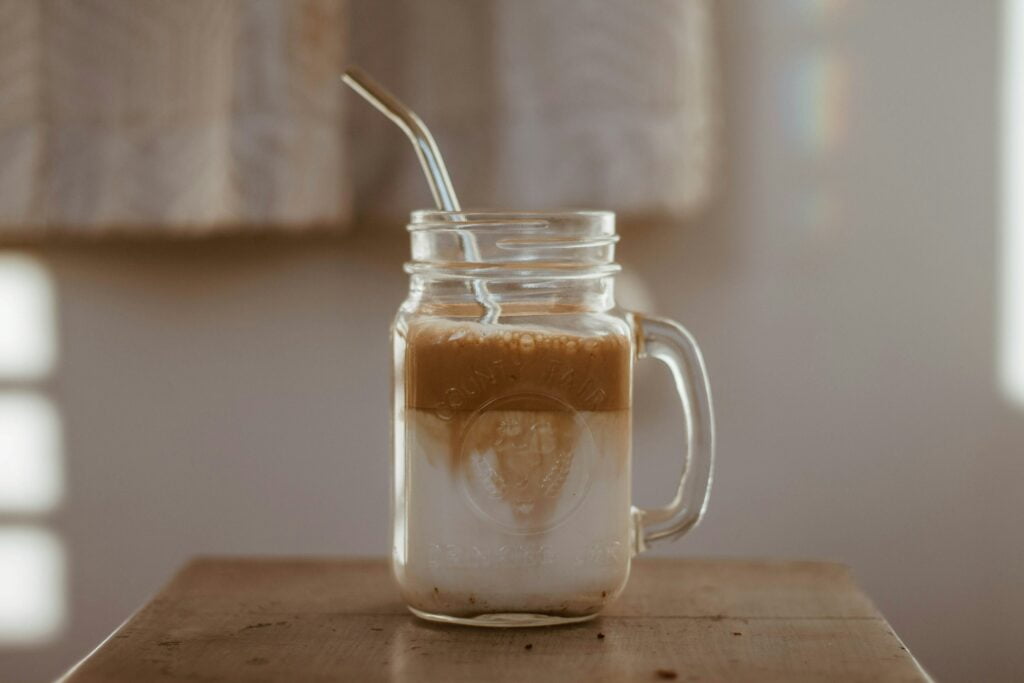
What Is Cold Brew Coffee?
Cold brew coffee is a method of brewing coffee using cold or room temperature water over an extended period, typically 12 to 24 hours. This slow extraction process results in a smooth, less acidic coffee concentrate that can be served cold or hot.
Unlike traditional hot brewing methods, cold brew doesn’t rely on heat to extract flavor from the coffee grounds. Instead, it uses time to slowly draw out the coffee’s oils, sugars, and caffeine, resulting in a unique flavor profile that many coffee lovers find irresistible.
The Cold Brew Process: How It’s Made
The cold brew process is surprisingly simple, but it requires patience:
- Coarsely ground coffee is combined with cold water in a container.
- The mixture is left to steep for 12-24 hours at room temperature or in the refrigerator.
- After steeping, the coffee grounds are filtered out, leaving behind a concentrated coffee liquid.
- This concentrate is then diluted with water or milk before serving.
The extended steeping time allows for a more thorough extraction of coffee flavors without the bitterness often associated with hot brewing methods.
Cold Brew vs. Iced Coffee: What’s the Difference?
While both cold brew and iced coffee are served chilled, they’re fundamentally different:
- Iced Coffee: Regular hot-brewed coffee that’s cooled down and served over ice.
- Cold Brew: Coffee that’s brewed using cold water from start to finish.
The key differences lie in their:
- Brewing temperature
- Brewing time
- Flavor profile
- Acidity levels
- Caffeine content
Cold brew typically has a smoother, less acidic taste compared to iced coffee, and often contains more caffeine due to its higher coffee-to-water ratio and longer brewing time.
Benefits of Cold Brew Coffee
Cold brew coffee offers several advantages over traditional hot-brewed coffee:
- Lower Acidity: The cold brewing process results in coffee that’s up to 67% less acidic, making it easier on sensitive stomachs.
- Smoother Flavor: Without the bitter compounds extracted by hot water, cold brew has a naturally sweeter, smoother taste.
- Higher Caffeine Content: The concentrated nature of cold brew often means a higher caffeine kick per serving.
- Longer Shelf Life: Cold brew concentrate can last up to two weeks in the refrigerator without significant loss of flavor.
- Versatility: It can be served hot or cold and used as a base for various coffee drinks.
- Less Oxidation: The slow brewing process and lower temperatures result in less oxidation of coffee oils, preserving more of the coffee’s natural flavors.
Cold brew is just one way to enjoy specialty coffee. Learn more about the rise of the specialty coffee movement and how it’s changing the way we enjoy our daily cup.
How to Make Cold Brew Coffee at Home
Making cold brew coffee at home is easy and requires minimal equipment. Here’s a simple recipe:
Ingredients:
- 1 cup (100g) coarsely ground coffee
- 4 cups (1 liter) cold filtered water
Instructions:
- Combine the ground coffee and water in a large jar or pitcher.
- Stir gently to ensure all grounds are saturated.
- Cover and let steep at room temperature for 12-24 hours.
- Strain the mixture through a fine-mesh sieve lined with cheesecloth or a coffee filter.
- Store the resulting concentrate in the refrigerator for up to 2 weeks.
- To serve, dilute the concentrate with water or milk to taste, typically using a 1:1 ratio.
Choosing the Best Beans for Cold Brew
While you can use any coffee beans for cold brew, certain characteristics work particularly well:
- Roast Level: Medium to dark roasts often produce the best results, offering a rich, smooth flavor without overwhelming bitterness.
- Origin: Single-origin coffee beans from regions like Colombia, Guatemala, or Ethiopia can provide unique flavor profiles.
- Grind Size: A coarse grind is essential to prevent over-extraction and ensure easy filtering.
For more on selecting the perfect beans, check out our guide on single origin coffee flavor profiles.
Experiment with different beans to find your perfect cold brew blend!
Cold Brew Concentrate: What It Is and How to Use It
Cold brew concentrate is the undiluted result of the cold brewing process.
It’s a versatile base for various coffee drinks:
- Dilute with water or milk for traditional cold brew coffee
- Add hot water for an Americano-style hot coffee
- Use in cocktails or dessert recipes
- Mix with flavored syrups for custom coffee drinks
The typical dilution ratio is 1:1 (concentrate to water), but you can adjust to your taste preferences.
Creative Cold Brew Recipes to Try
- Vanilla Sweet Cream Cold Brew: Mix cold brew with vanilla syrup and top with sweet cream.
- Coconut Cold Brew Smoothie: Blend cold brew with coconut milk, banana, and ice for a refreshing smoothie.
- Cold Brew Tonic: Combine cold brew concentrate with tonic water and a splash of lime for a fizzy treat.
- Mocha Cold Brew Popsicles: Freeze a mixture of cold brew, chocolate syrup, and milk for coffee popsicles.
Cold Brew Equipment: What You Need
While you can make cold brew with just a jar and a strainer, these tools can enhance your cold brew experience:
- Cold Brew Maker: Specialized pitchers with built-in filters for easy brewing and straining.
- Large Mason Jars: Perfect for steeping and storing your cold brew.
- Fine Mesh Strainer: Essential for filtering out coffee grounds.
- Cheesecloth or Paper Filters: For an extra-smooth, sediment-free brew.
- Coffee Grinder: To ensure the perfect coarse grind for cold brew.
If you’re interested in other brewing methods, take a look at our top 5 specialty coffee brewing methods.
Storing and Serving Cold Brew Coffee
To keep your cold brew fresh:
- Store the concentrate in an airtight container in the refrigerator.
- Use within 2 weeks for the best flavor.
- Keep diluted cold brew for no more than 2-3 days.
Serve your cold brew over ice, with milk or cream, or get creative with flavored syrups and toppings.
Cold Brew Coffee FAQs
Is cold brew stronger than regular coffee?
Cold brew concentrate is stronger, but when diluted, it’s comparable to regular coffee in strength.
Can I heat up cold brew coffee?
Yes, you can heat cold brew for a smooth hot coffee experience.
How long does cold brew last?
Concentrate lasts up to 2 weeks refrigerated; diluted cold brew is best consumed within 2-3 days.
Is cold brew less acidic than hot coffee?
Yes, cold brew is typically 67% less acidic than hot brewed coffee.
Can I make cold brew with flavored coffee?
Absolutely! Flavored coffees can add interesting notes to your cold brew coffee.
Embrace the smooth, rich flavors of cold brew coffee and experiment with this versatile brewing method. Whether you’re a coffee connoisseur or just looking for a refreshing caffeine fix, cold brew offers a delightful alternative to traditional hot coffee.
For those interested in the environmental impact of their coffee choices, explore our article on the rise of eco-friendly coffee.
Happy brewing!

